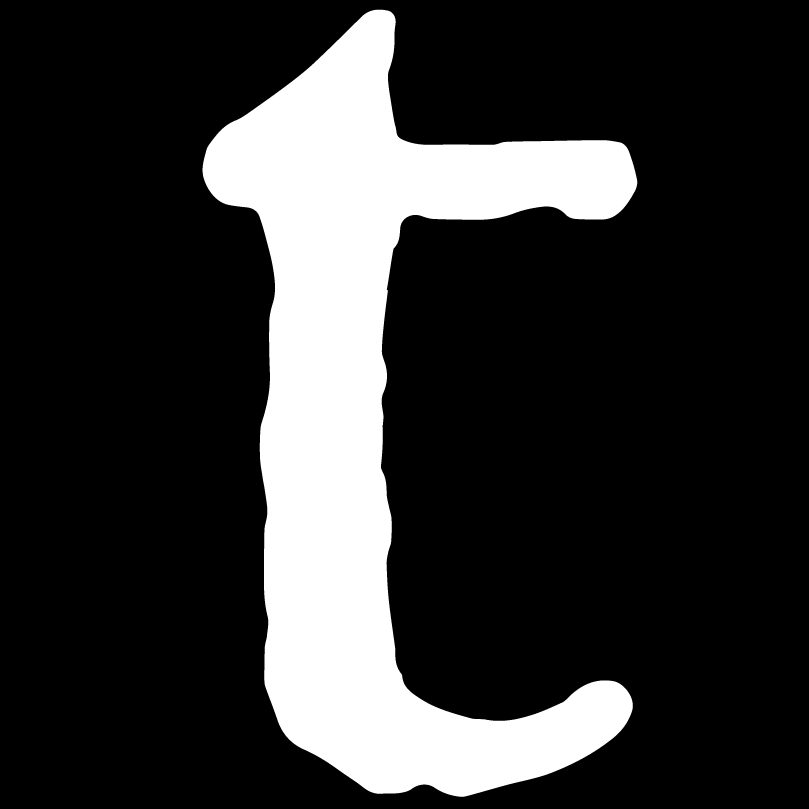
UN Confirms Afghan Mass Grave Site Disturbed
Heidi Vogt, The Associated Press
Kabul, Afghanistan - The U.N. confirmed Friday that a mass grave in northern Afghanistan has been disturbed, raising the possibility that evidence supporting allegations of a massacre seven years ago may have been removed.
The Dasht-e-Leili grave site holds as many as 2,000 bodies of Taliban prisoners who died in transit after surrendering during one of the regime's last stands in November 2001, according to a State Department report from 2002.
McClatchy Newspapers first reported the tampering with the grave site on Thursday.
"We can confirm that the site at Dasht-e-Leili has been disturbed," said Dan McNorton, a spokesman for the U.N. mission in Afghanistan. He declined to say how or when the site had changed, saying that details would be available in an upcoming report.
Boston-based Physicians for Human Rights, which discovered the Dasht-e-Leili site in 2002 and has performed autopsies on some of the bodies, said its researchers found two large pits at the site, both about 100 feet by 50 feet, in July that appeared to have been dug this year.
"These are real holes appearing to have been professionally dug, and signs of heavy machinery were observed," the group's deputy director, Susannah Sirkin, said.
Witnesses have claimed that forces with the U.S.-allied Northern Alliance placed the prisoners in sealed cargo containers over the two-day voyage to Sheberghan Prison, suffocating them and then burying them en masse using bulldozers to move the bodies, according to the State Department report. Some Northern Alliance soldiers have said that some of their troops opened fire on the containers, killing those within.
Representatives for northern Afghan strongman Abdul Rahim Dostum, the Northern Alliance general who is accused of overseeing the atrocities, could not be reached for comment. Dostum has previously denied the allegations.
Physicians for Human Rights has repeatedly called for an investigation into Dasht-e-Leili, and for protection of the area as possible evidence of a massacre.
The U.N. said it does not have the authorization or the resources to protect all the mass grave sites in Afghanistan, a country still embroiled in conflict with Taliban fighters and other insurgent groups.
"We know of at least 84 recorded mass graves across Afghanistan," McNorton said. "Whilst we might wish to have full protection in each case of these sites, we don't have the mandate, the jurisdiction or the ability to take the steps that are necessary."
Regional officials said it was unclear if the site had truly been tampered with.
"We have heard different kinds of rumors about this issue, including burning some of the evidence of mass graves, so we decided to send a team of investigators down there, but we were not able to find any evidence to show the removal of any thing from Dasht-e-Leili," said Gen. Khalil Aminzada, the police chief for Zawzjan province.
Faqir Mohammed Jowzjani, deputy governor of Jowzjan province, declined to comment on the issue over the phone, saying it was too sensitive.
One person who came forward in 2002 as an eyewitness to the killings was murdered and his body found in the desert, while others have been tortured or gone missing, according to the State Department report.
Physicians for Human Rights urged the Afghan government and the international community to take quick action to protect site, arguing that the U.S. in particular has a responsibility to investigate because it was allied with the accused commanders.
"The U.S. bears responsibility whether or not U.S. officials participated in a more active way in this crime," Sirkin said.
------------
Associated Press writer Rahim Faiez contributed to this report.

